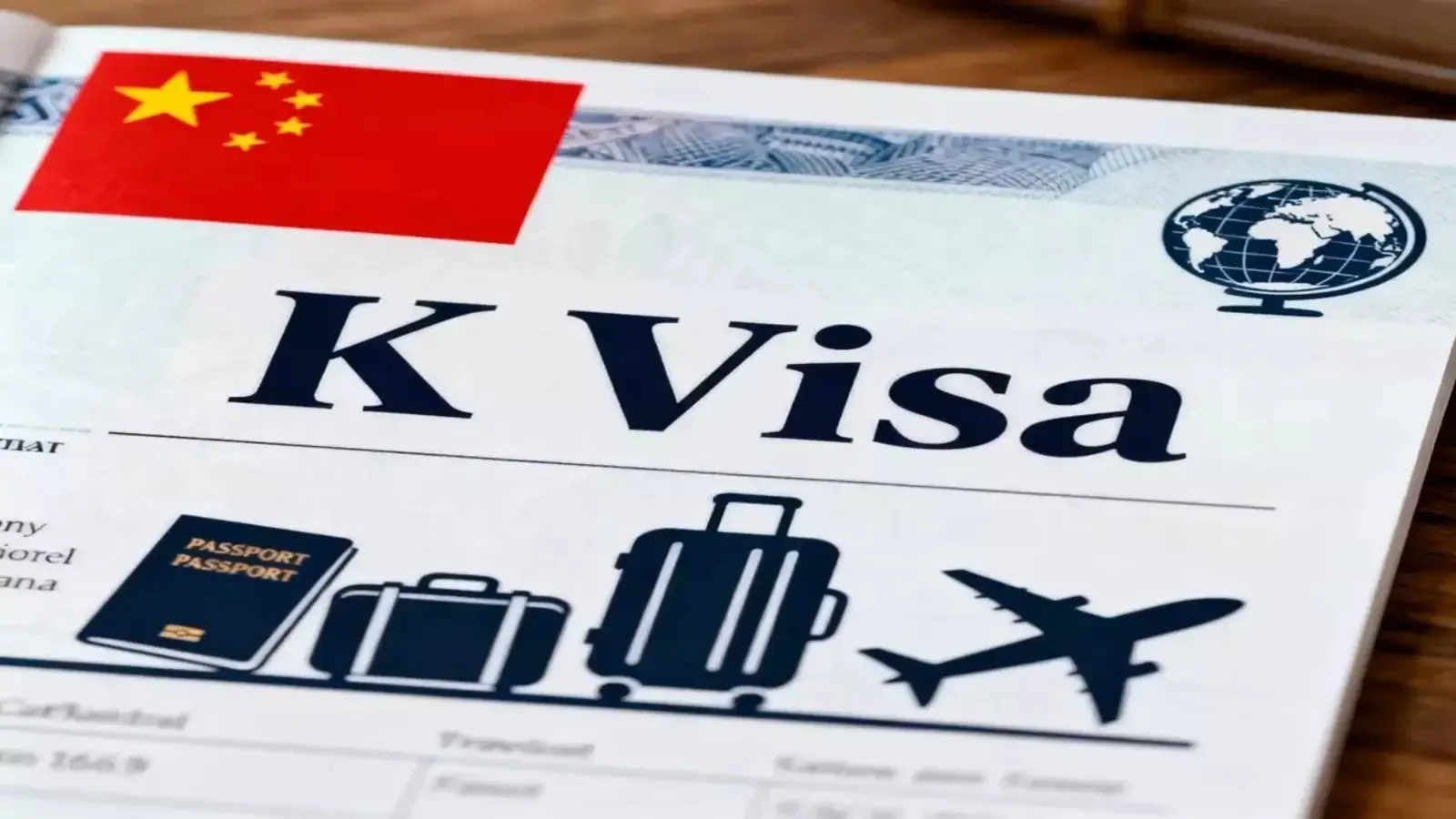China has unveiled a new visa programme aimed at attracting young international talent in science and technology. Known as the K visa, this initiative is part of the country’s broader effort to position itself as a global leader in innovation-driven development. Unlike conventional visa routes that often require sponsorship from a local employer, the K visa offers a more flexible approach, enabling scientists, researchers, tech professionals, and entrepreneurs to work or collaborate in China without prior invitation. This flexibility is designed to lower barriers to entry and promote cross-border knowledge exchange in high-tech fields.
The visa is structured to allow multiple entries, extended stays, and involvement in a wide range of activities including education, research, cultural exchange, and start-up ventures. While the full eligibility requirements have not yet been officially defined, Chinese authorities have emphasized their focus on attracting young foreign professionals with expertise in science and technology. This reflects a clear strategic choice to draw in global talent at a time when other major economies, such as the United States, are imposing tighter immigration controls and higher fees on skilled worker visas like the H-1B.
The K visa also aligns with China’s long-term innovation agenda, which seeks to foster deeper international cooperation in emerging sectors. By simplifying the visa process and creating a more inclusive environment for foreign innovators, China is signaling its intent to become a central hub in the global science and technology ecosystem. The programme underscores the country’s belief that openness to global expertise is essential for driving future growth and maintaining a competitive edge in the knowledge economy.




































